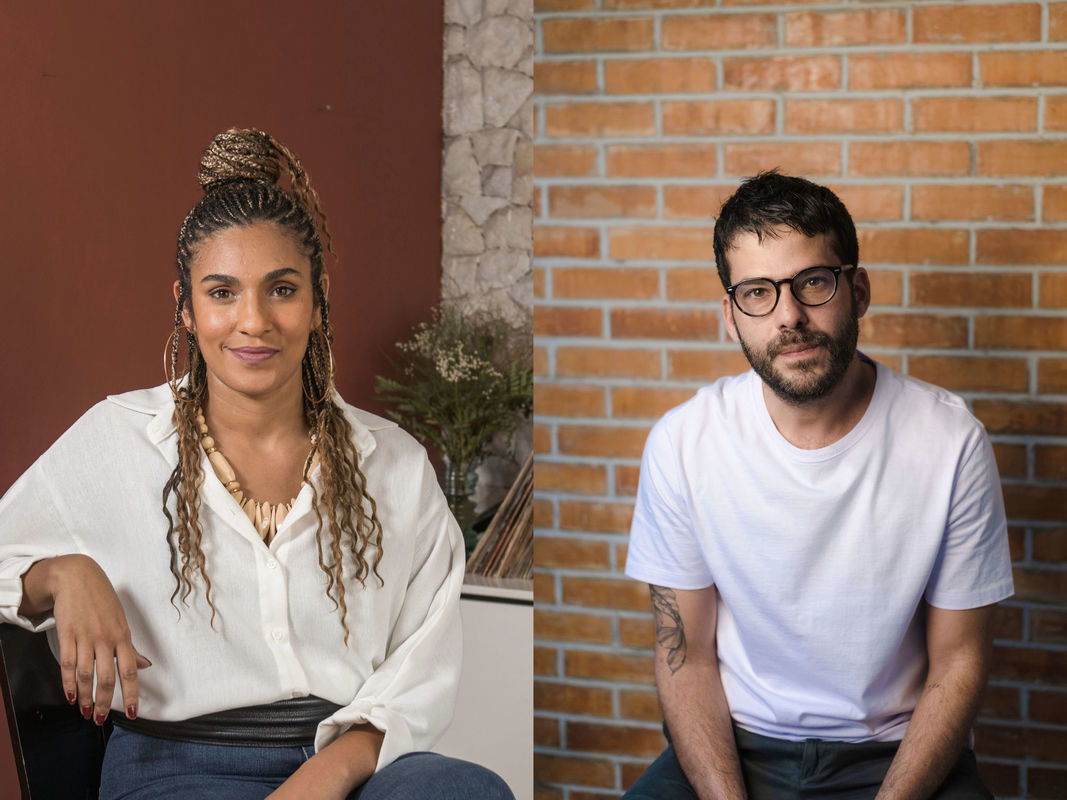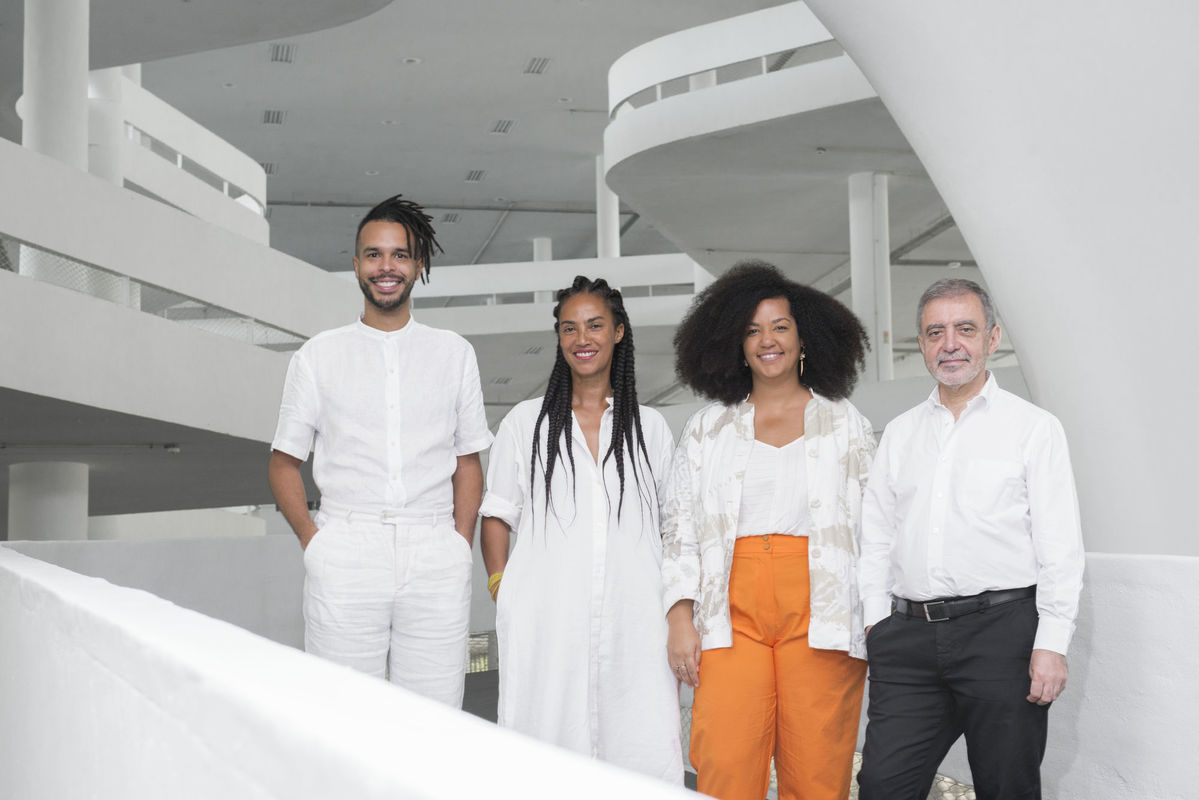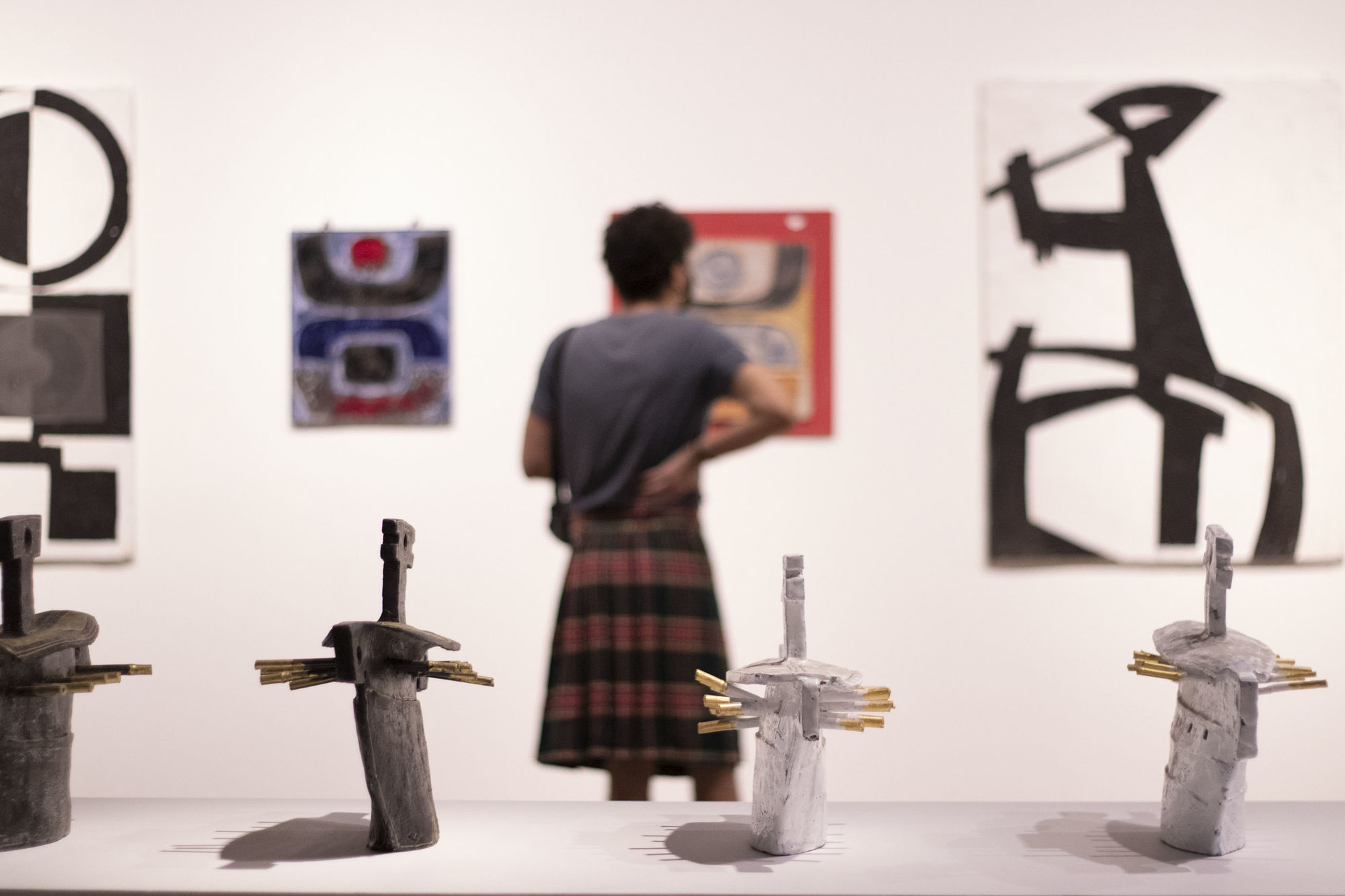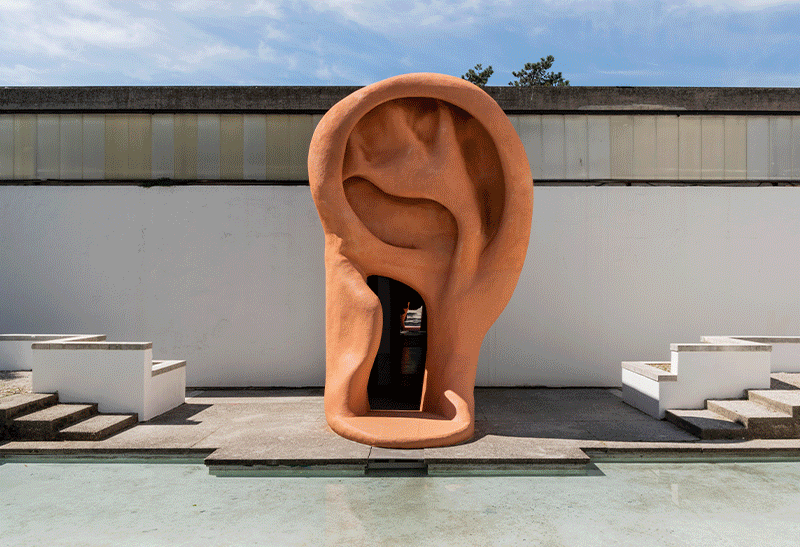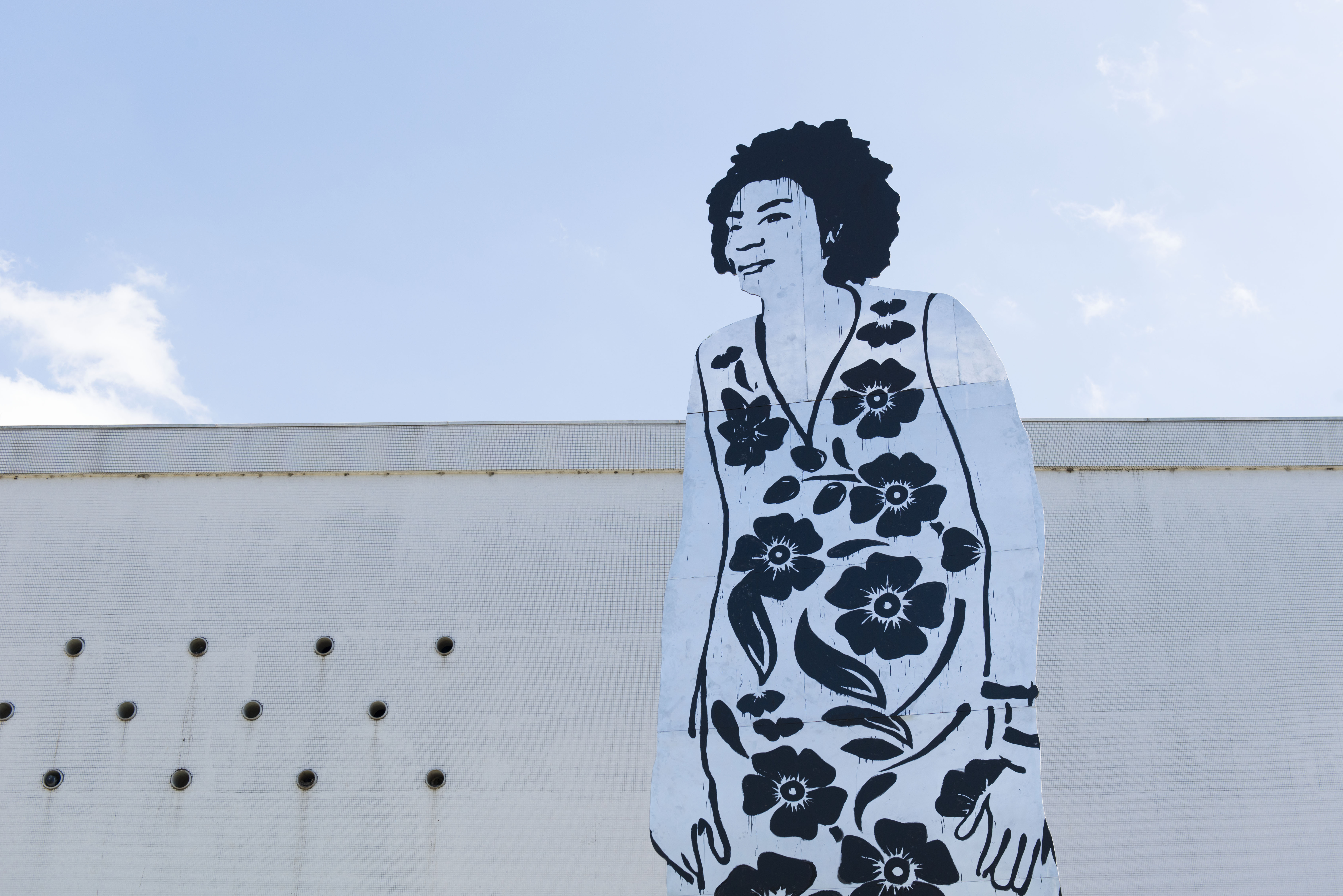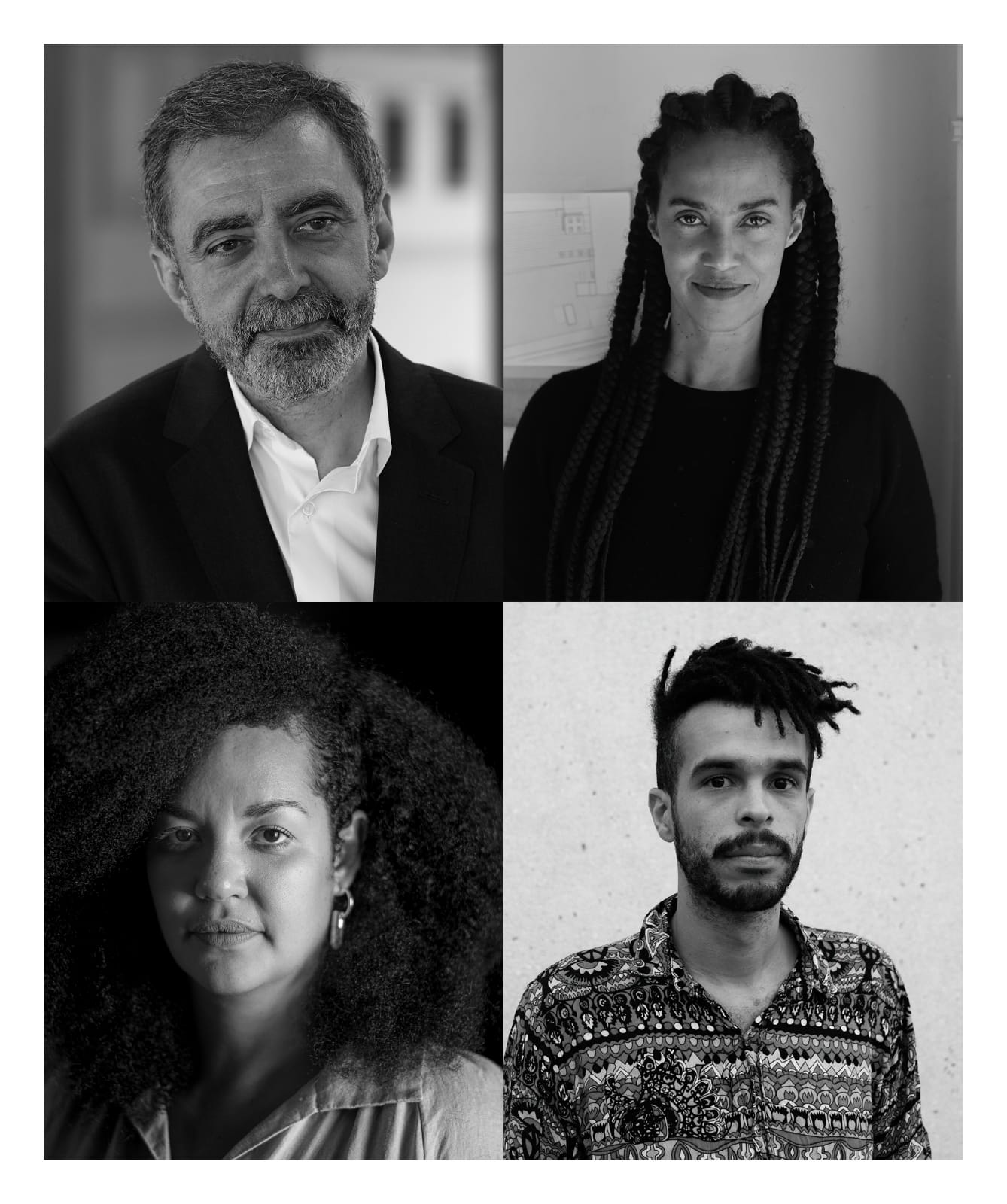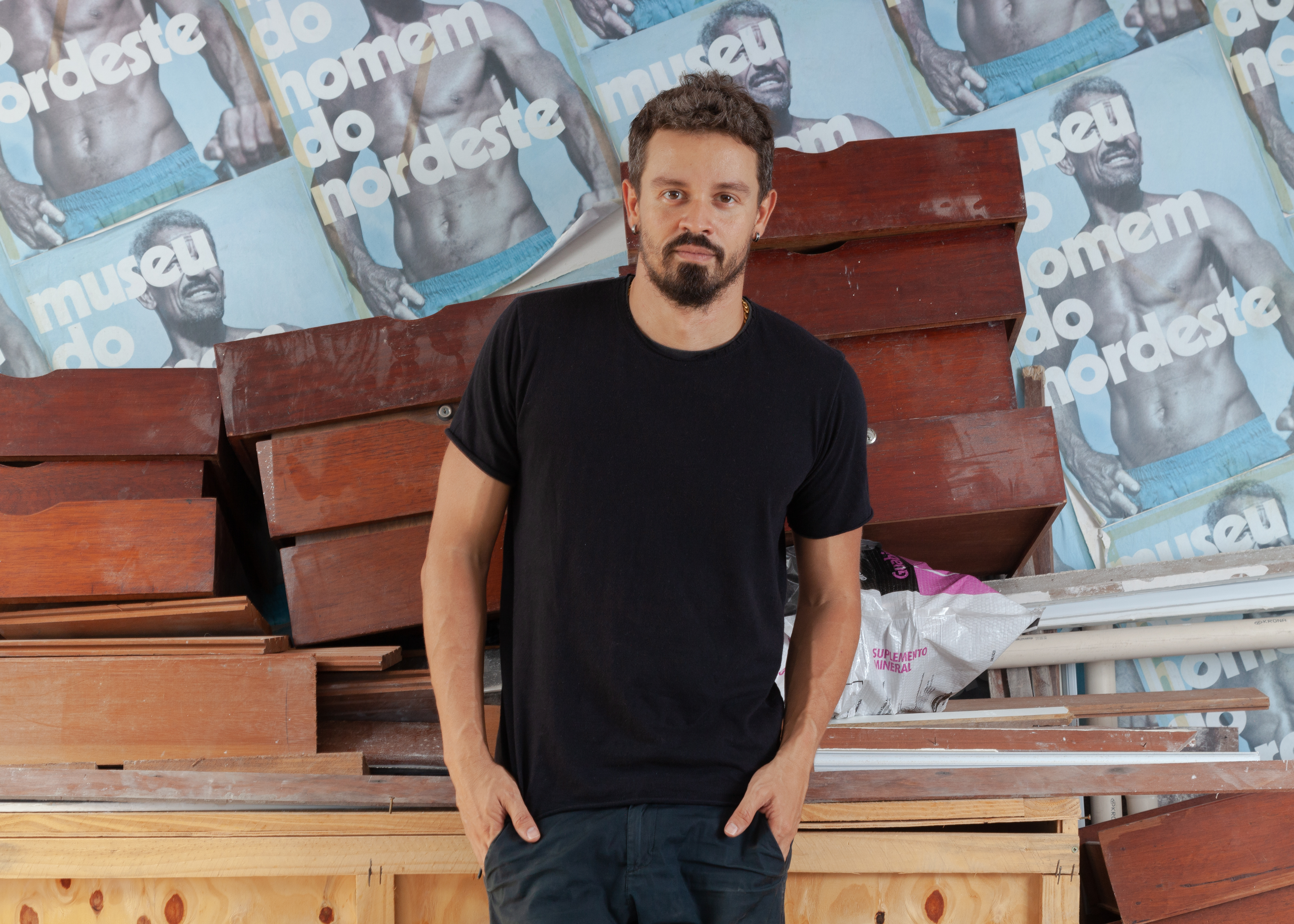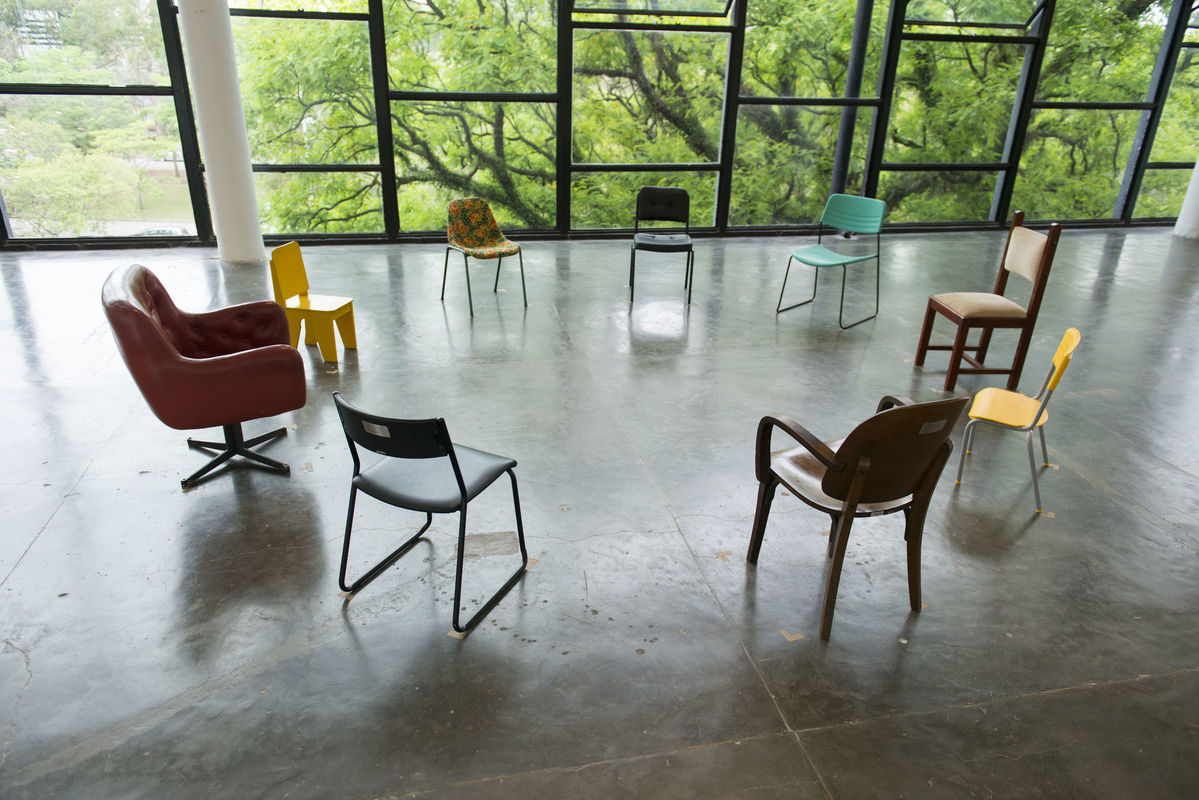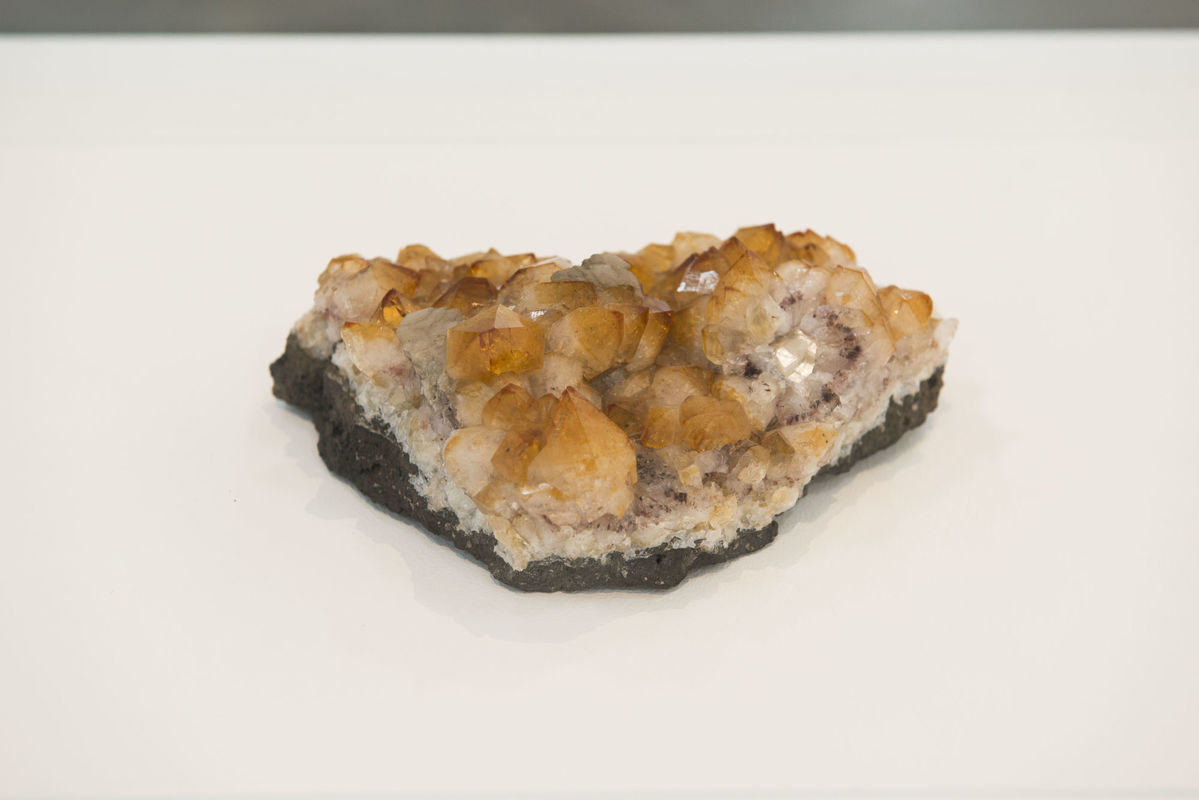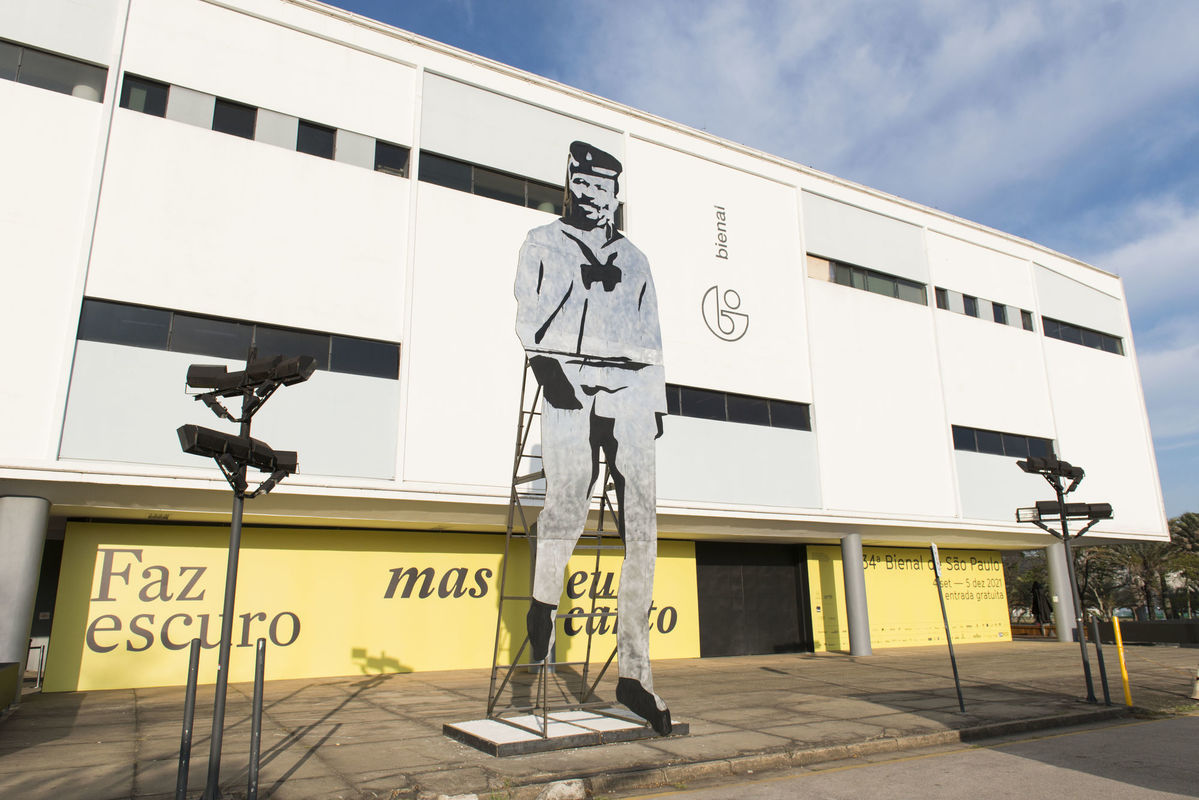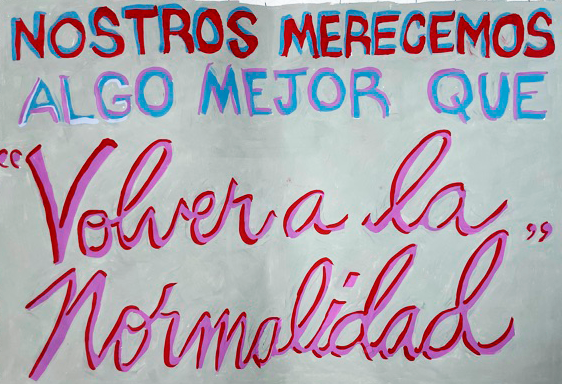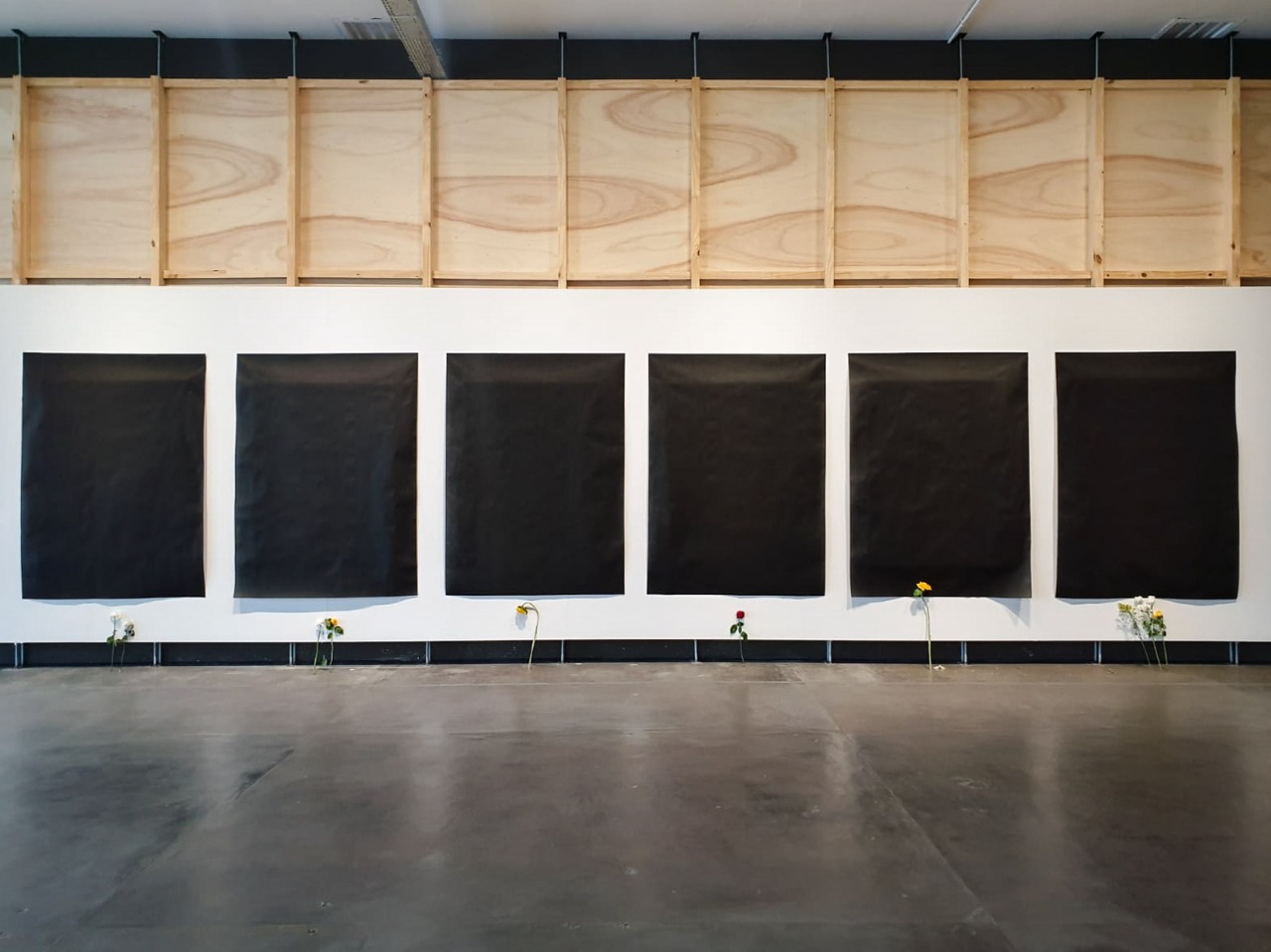
Jaider Esbell transformed worlds and people with his provocative and generous presence. He did not come to pacify or simplify, but to tirelessly tension crystallized solutions and arrangements, conceived to maintain a violent and oppressive status quo. He unmasked colonizing habits introjected into institutional practices, challenged those around him to question their beliefs, and invariably offered ways to resolve impasses, promoting efforts toward diplomacy and translation with seemingly inexhaustible creative energy. He did not follow paths known or even conceived before him, but revealed and confirmed the need for other partnerships, other ways of working together.
He was resolute, firm and objective, never condescending. He was always constructive, especially when dismantling outdated visions of the world and of art. In the long months of preparation for the Bienal, few moments were as intense as the speech in which Jaider, in the still empty and silent pavilion, publicly shared his dreams with us, reaffirming his fundamental role in articulating the Contemporary Indigenous Art scene. Fundamental, that is, for everyone, to accelerate the moment when the changes that we know are necessary and unavoidable will finally take place.
The conversations and exchanges with him were decisive in defining the participation of indigenous artists in the Bienal, in the organization of the exhibition Moquém_Surarî: arte indígena contemporânea at MAM São Paulo and in the public program he called the “Bienal dos Índios.” Without his example, it would have been much more arid to think about the possibility of Relation as a defining quality of art and human experience. The general significance of the exhibition was changed by his presence, and is once again transformed by his absence. But these exchanges had an even broader impact, one that expands beyond the 34th Bienal: Jaider Esbell is one of the catalysts for an irreversible shift in the debate on art, culture and difference in our continent.
His arms reached far, embracing beings, individuals, knowledge, worldviews and communities in inaugural meetings, where difference was not an end in itself, but an active principle for countercolonial initiatives. His eyes shone with the conviction of his mission in life, which he could sum up by sharing a dream, by criticizing the principles of the art system or by defending the activist and political sense of the tactical performance of contemporary indigenous artists.
For us, it will be impossible to think about these years of work and interaction without missing the perceptiveness of this artist, curator, writer, agitator, thinker... this friend, this txai. Without him, we are left with the pain of a huge, irreparable loss. We are also responsible for collectively carrying out what he started. To follow the path he envisioned and proved possible. We are left with the task of not letting the process that he wisely began to cease or regress, of fighting to keep it continuous, irreversible and transformative.
Jaider Esbell has left us, but his energy remains, causing immediate effects, as well as profound rearrangements and lasting changes.
In his memory, we extend our arms to everyone who has been touched by his presence, especially his family, friends and long-time allies.
We are grateful.
Jacopo Crivelli Visconti and Paulo Miyada
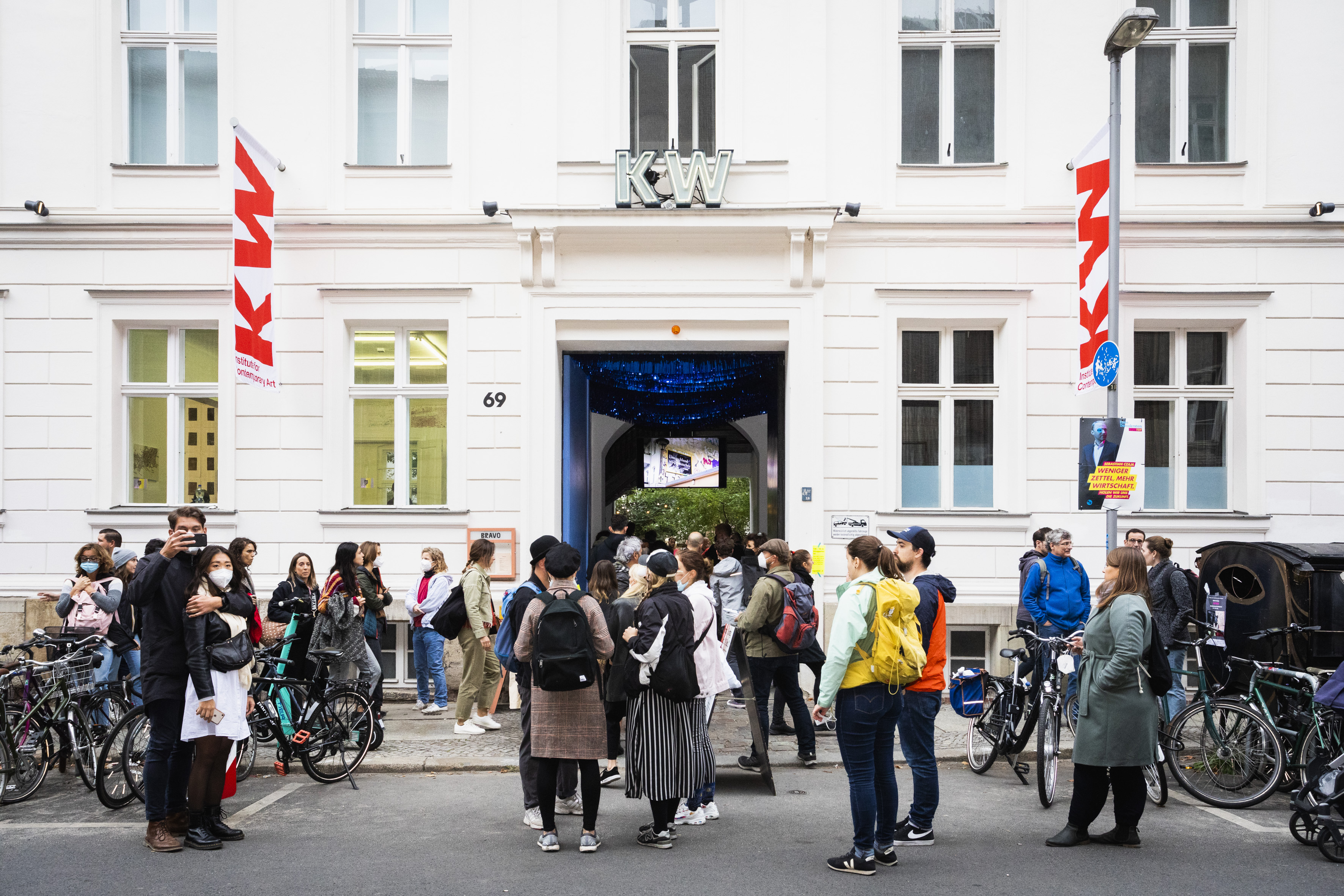
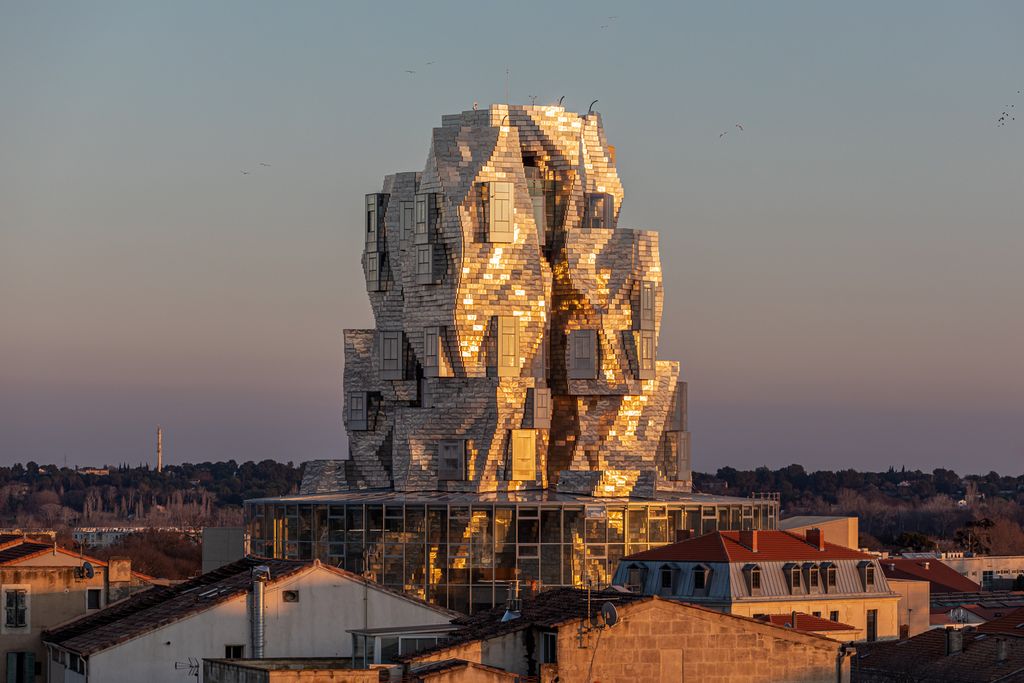
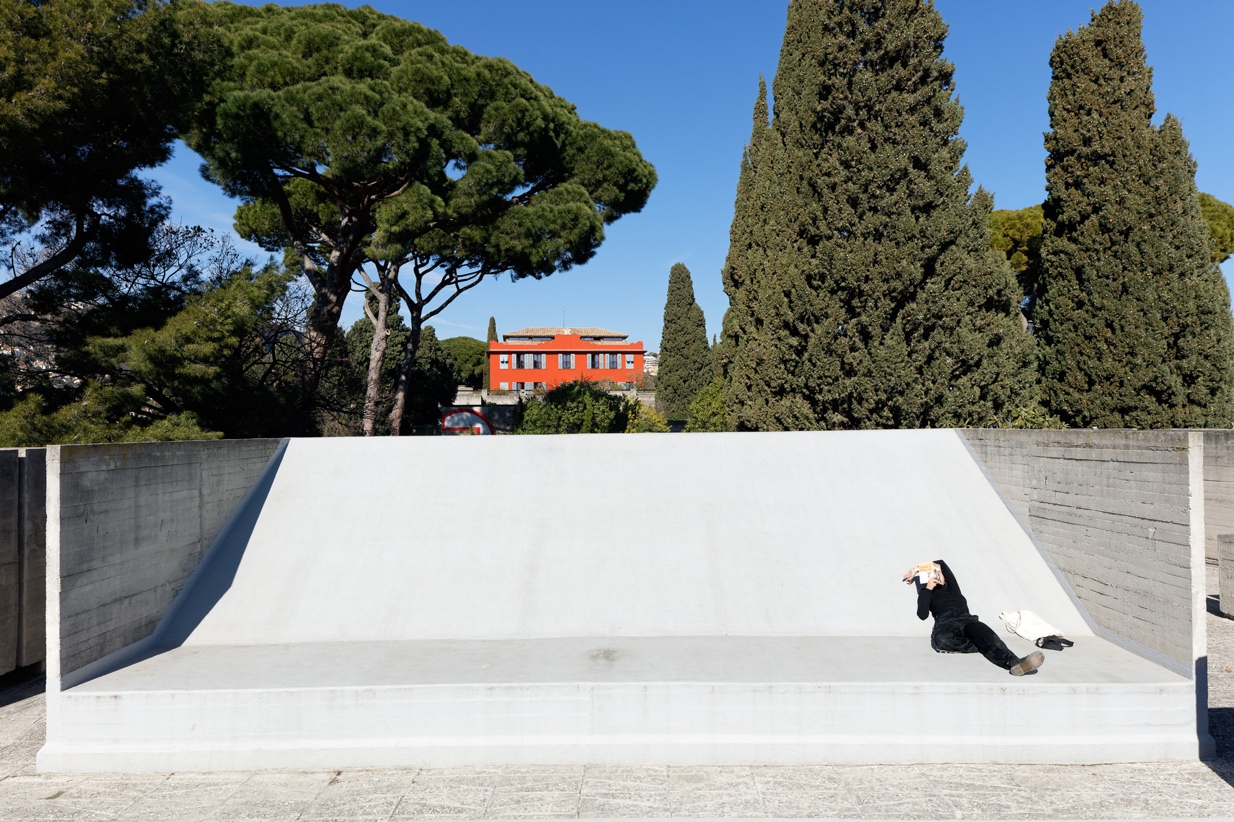
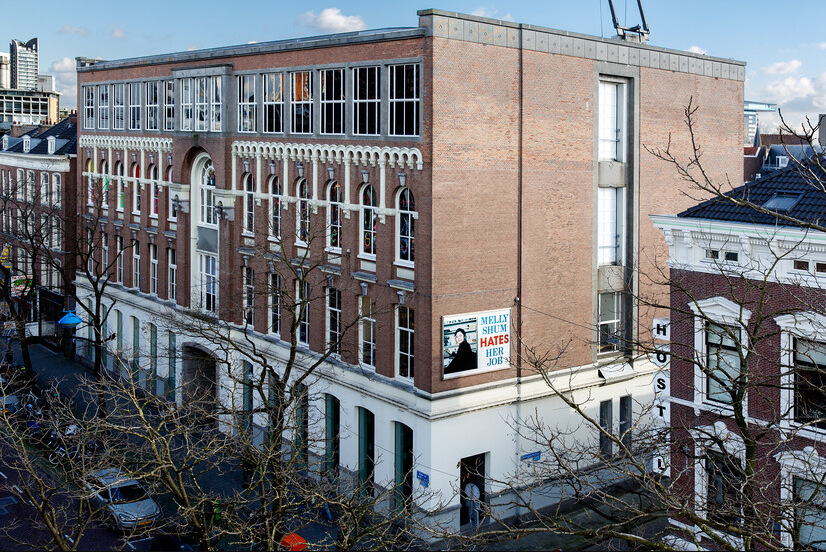

![View of the sculpture of the series Corte Seco [Dry cut] (2021), by Paulo Nazareth during the 34th Bienal de São Paulo. Commissioned by Fundação Bienal de São Paulo for the 34th Bienal de São Paulo](http://imgs.fbsp.org.br/files/81b3a05327e8559c64fc5cda09f3e1f8.jpg)
